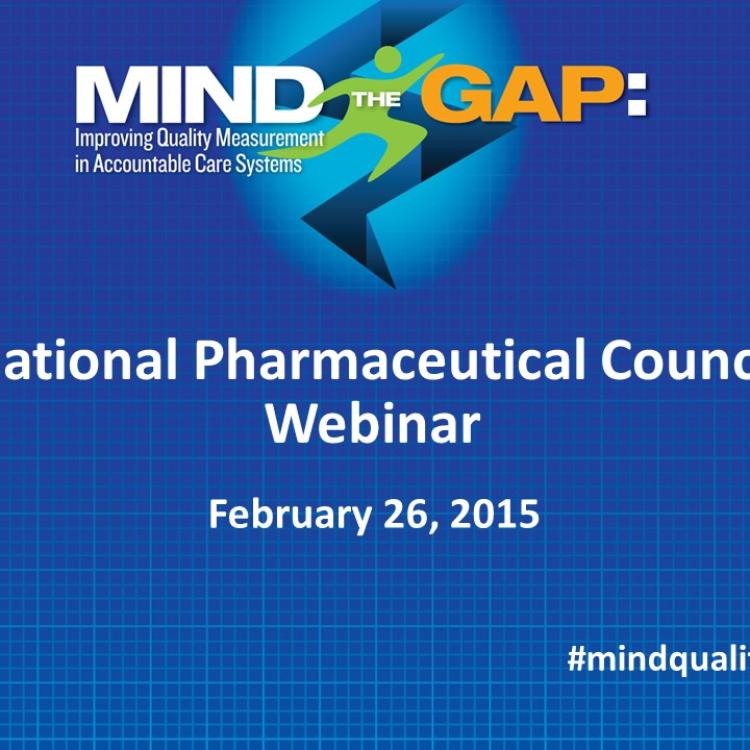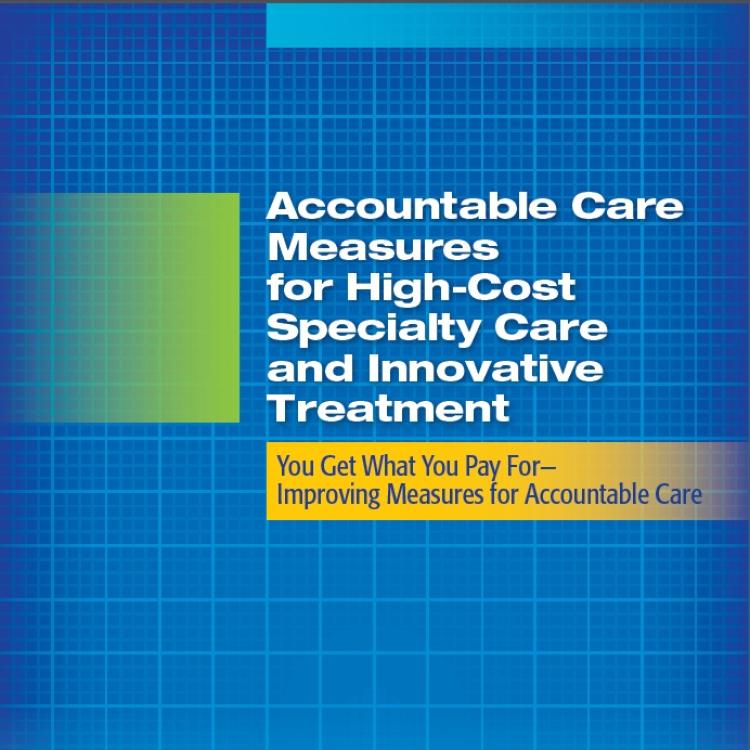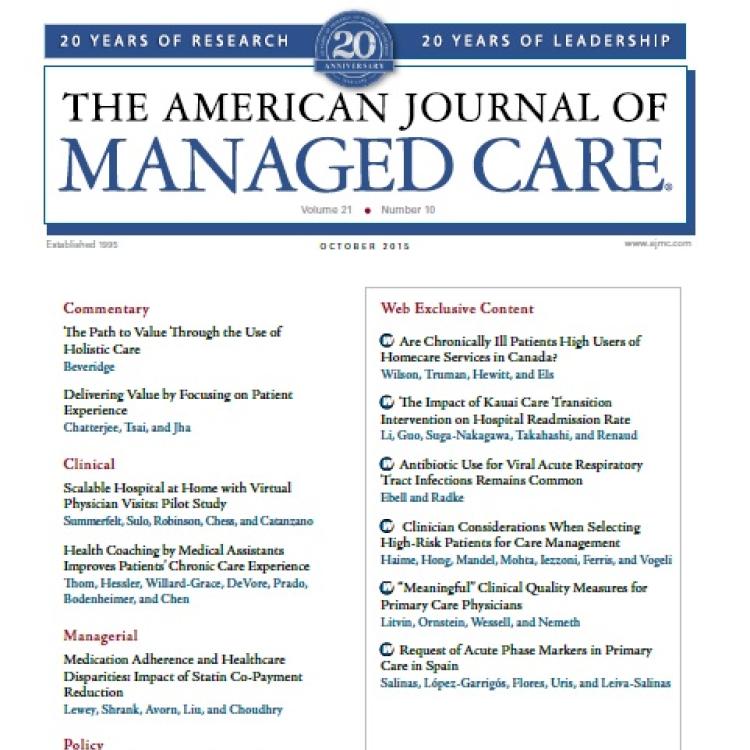Authors: Valuck T, Blaisdell D, Dugan DP, Westrich K, Dubois RW, Miller RS, McClellan M.
Publication: Journal of Managed Care & Specialty Pharmacy, February 2017, pp. 174-181.
According to a study, “Improving Oncology Quality Measurement in Accountable Care: Filling Gaps with Cross-Cutting Measures,” gaps in the quality measures used by accountable care programs to assess cancer care may obscure problems in care delivery and lead to missed opportunities for improvement of patient outcomes. The study, published in the Journal of Managed Care & Specialty Pharmacy, was conducted by experts at the National Pharmaceutical Council (NPC), Discern Health, the Duke-Margolis Center for Health Policy and the American Society of Clinical Oncology (ASCO).
The research team analyzed gaps in accountable care measure sets across 10 high-priority types of cancer. The cancers, which included breast, chronic myelogenous leukemia, colon, kidney, melanoma, non-Hodgkin lymphoma, non-small cell lung, ovarian, pancreatic and prostate cancer were selected based on factors such as prevalence, cost impact and disparities in care for vulnerable patients.
There is a gulf between the rapidly changing care environment, which is increasingly focused on personalized medicine, and the measures that have been used to assess quality. To analyze measure gaps, Discern Health first assessed existing quality measures against clinical practice guidelines developed by the National Comprehensive Cancer Network (NCCN) and other oncology specialty societies. The measure review included those that are part of existing accountable care measure sets, such as the Oncology Care Model (OCM). This analysis identified significant measure gaps across all 10 cancer types, including areas where available measures are not being used in accountable care measure sets and new measures need to be developed.
The oncology measure gap analysis, including initial recommendations for improving accountable care measure sets, was then presented and considered during a roundtable discussion among experts in cancer care, including patient advocates, providers, payers, employers/purchasers, policy makers, and quality organization representatives.
The group’s primary recommendation to improve oncology measures was to shift emphasis from condition-specific processes of care, such as stage-specific therapies, and instead prioritize development and use of more meaningful cross-cutting measures. The roundtable participants recommended that cross-cutting measures focus on patient-reported outcomes (PROs), clinical outcomes, safety, evaluation and management, and structural measures.
In addition to the development and use of cross-cutting measures, roundtable participants made the following recommendations:
Leverage clinical pathways: Clinical pathways, which help manage patient care based on clinical practice guidelines to improve quality of care, can drive appropriate testing and treatment, but roundtable participants noted that benchmark targets for use of clinical pathways should be less than 100 percent, since strict adherence to pathways is not appropriate for all patients.
Layer measures at varying levels: Once sets are defined, payers and providers can use measures at the provider-level for clinicians who want condition-specific process measures to guide appropriate care; at the system-level, where cross-cutting measures can give management a broader view of system performance; and at the external accountability level, where cross-cutting measures can be used to roll up outcomes—including patient-reported outcomes—for the cancer population.
Roundtable participants filled out their recommendations by advising next steps for stakeholders, including:
- Building on the best available measures as identified by the Core Quality Measure Collaborative (CQMC), a group led by America’s Health Insurance Plans (AHIP) and the Centers for Medicare & Medicaid Services to promote measure alignment and collection of core performance measures across public and private sector payers
- Continuing to fund and develop cross-cutting measures, and leverage processes to create efficiency
- Funding from the Agency for Healthcare Research and Quality (AHRQ) and the Patient-Centered Outcomes Research Institute (PCORI) to support measurement science and advances in developing patient-reported outcome measures
The white paper is a follow-on from prior NPC-supported work, the “Mind the Gap” white paper, peer-reviewed publications, and conference, which explored challenges and solutions for closing gaps in health care quality measures.



